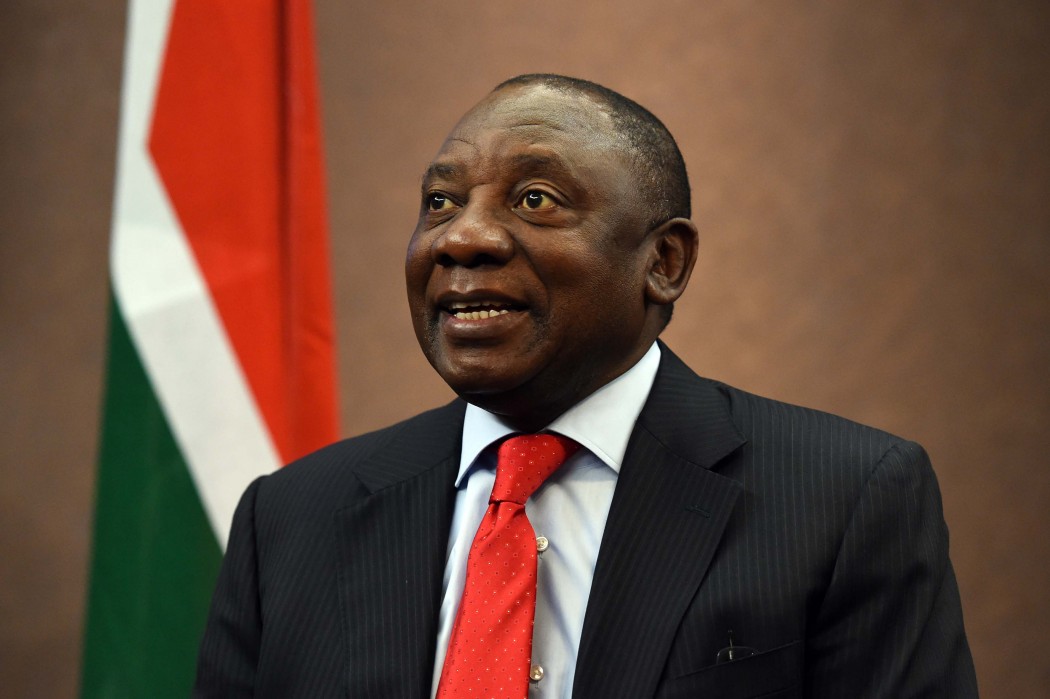
South Africa President Declares New COVID-19 Restrictions
President Cyril Ramaphosa has announced new tougher coronavirus restrictions; a day after South Africa recorded more than one million Covid-19 cases. Indoor and outdoor gatherings will be banned, a curfew introduced from 21:00 to 06:00, and alcohol sales prohibited. Mr Ramaphosa said the country was at an extremely dangerous point in the pandemic and action had to be taken. Recently authorities confirmed a new, faster-spreading variant of the virus had been detected in South Africa.
Some hospitals and medical centres have reported a huge rise in admissions, putting a heavy strain on resources. In a televised speech, Mr Ramaphosa said the new 501.V2 variant was now well established in South Africa, and the recent rise in cases was a “cause for great alarm”. “We have simply let our guard down,” said the president. He added that the new measures would come into effect at midnight on Monday (22:00 GMT) and last at least until 15 January.
He said gatherings except for funerals and a few other limited exceptions would be banned, no-one would be able to leave their homes between 21:00 and 6:00 without a permit, and all shops, bars and other venues would have to close by 20:00. All alcohol sales would also be banned, and every individual who failed to wear a mask in public places would face possible fines or imprisonment, he added.
On Sunday South Africa became the first country in Africa to pass a million Covid-19 cases, with 1,004,413 infections and 26,735 deaths since the outbreak began in March. Last week, it recorded a daily average of 11,700 new infections – a rise of 39% on the previous week – and from Wednesday to Friday; the daily number of new cases was above 14,000.
The 501.V2 variant is believed to be driving the surge in infections. It was identified by a network of South African scientists in the Eastern Cape Province and then rapidly spread to other parts of the country. Earlier this week, the UK banned travel from South Africa because of the new variant. Another new Covid variant has already been detected in the UK, although they have evolved separately. Both have a mutation – called N501Y – which is in a crucial part of the virus that it uses to infect the body’s cells, but appear unrelated to each other.
After South Africa, the worst hit country on the African continent is Morocco, which has seen 432,079 cases and 7,240 deaths. They are followed by Egypt with 132,541 cases and 7,405 deaths and Tunisia with 131,592 infections and 4,466 deaths.
.

